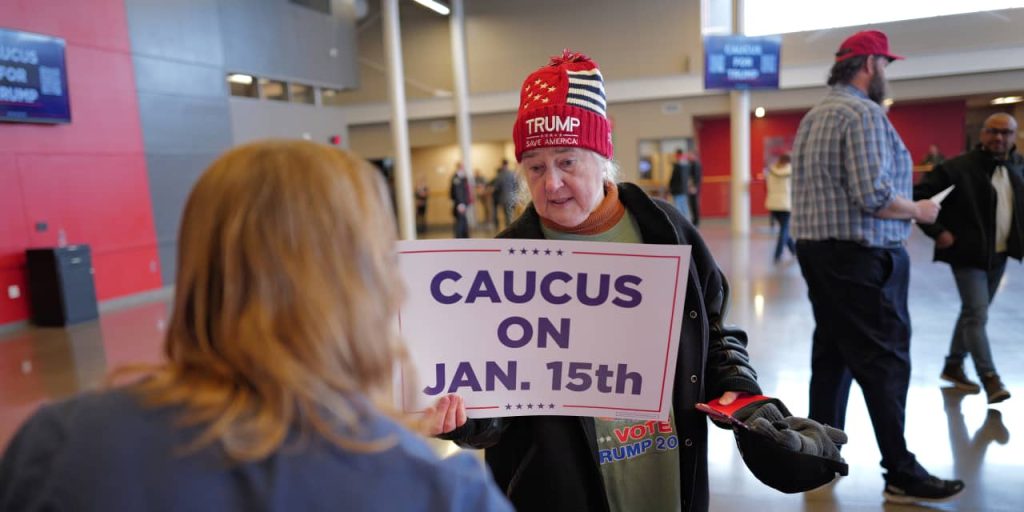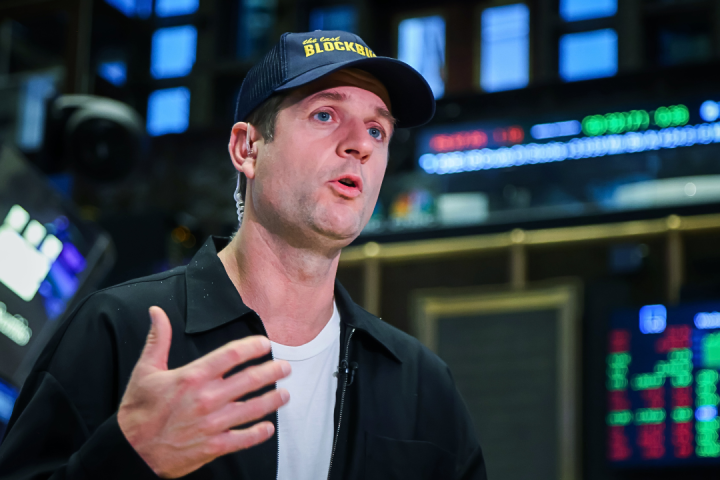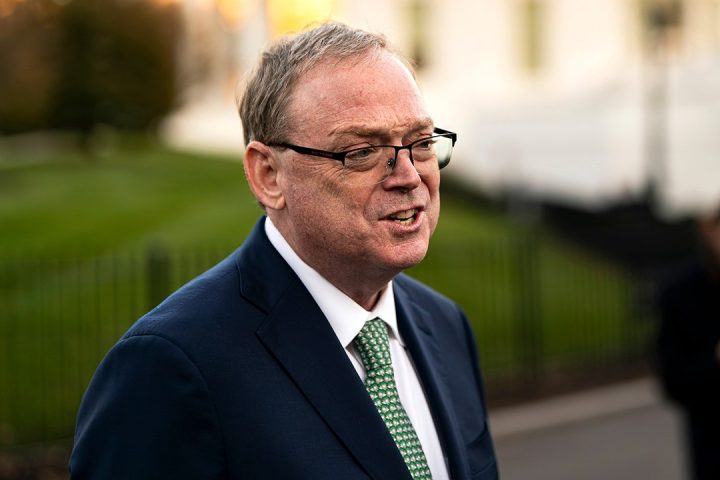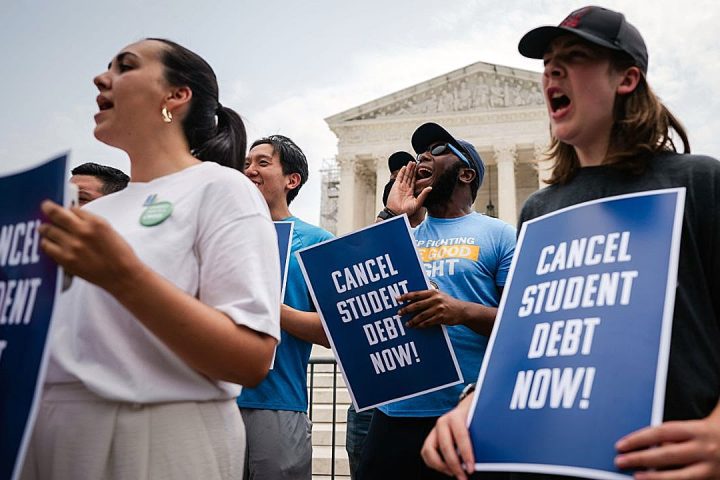The rich only got richer during the pandemic, according to a new report — in fact, the five wealthiest people in the world saw their net worth rise by $869 billion.
Oxfam released its report Sunday, a day before business elites were set to gather at the World Economic Forum meeting in the Swiss resort town of Davos. The charitable organization analyzed Forbes’s real-time billionaires list at the end of November to calculate billionaires’ wealth, and compared it with the list from March 2020.
The five richest men saw their fortunes rise by 114% between March 2020 and November 2023, Oxfam found. What’s more, this elite group’s net worth rose to $869 billion from $405 billion between 2020 and 2023, the organization said — translating to $14 million an hour.
“Oxfam’s new report finds an extraordinary concentration of wealth at the top, with the five wealthiest men — and they are all men — more than doubling their fortunes since 2020,” Abby Maxman, the president and CEO of Oxfam America, said in a statement.
The richest 1% also owns 43% of global financial assets, Oxfam said. The share was higher in the Middle East, Asia and Europe, where the richest owned upwards of 47% of wealth.
Though “the United States is home to the most billionaires on Earth, including Elon Musk and Jeff Bezos, names that have become synonymous with obscene wealth,” Maxman added, “it is also home to tens of millions of people who face unnecessary hardship every day as a result of despicably low wages, an unfair tax code, and meager public services, to name a few.”
The group went on to criticize the impact of billionaires’ wealth on the global economy and democracy.
“No corporation or individual should have this much power over our economies and our lives — to be clear, nobody should have a billion dollars,” Amitabh Behar, the interim executive director of Oxfam International, said in a statement.
Putting aside billionaires, the gap between CEOs and workers alone has exploded over the last several decades. Between 1978 and 2022, top CEO compensation rose more than 1,200%, compared with the 15.3% rise in a typical worker’s compensation, according to the Economic Policy Institute, a left-leaning think tank.
“The U.S. faces a deeply profound inequality crisis that’s been fueled by decades of exploding monopoly power, and which cruelly robs tens of millions of Americans of their rights and security,” Nabil Ahmed, the director of economic and racial justice at Oxfam America, told MarketWatch.
U.S. billionaires in particular are $1.6 trillion wealthier than they were in 2020, a 46% increase. The three richest ones as of the end of November — Elon Musk, Jeff Bezos and Larry Ellison — boosted their wealth by 84%, Oxfam said.
In contrast, the average American’s real median net worth only rose 37%, to $192,900, between 2019 and 2022, the latest year for which data is available. The data comes from the Federal Reserve’s Survey of Consumer Finances.
MarketWatch reached out to the three billionaires and the companies they are associated with, and did not receive immediate responses.
Musk’s fortune increased by $216.2 billion between 2020 and 2023, Oxfam said, a 737% rise after accounting for inflation. His business empire includes the electric-car manufacturer Tesla
TSLA,
the space startup SpaceX and the brain-chip company Neuralink.
Bezos’s fortune, meanwhile, has increased by 24%, or $32.7 billion, since 2020, Oxfam said. The Federal Trade Commission and 17 attorneys general sued his company Amazon
AMZN,
in September for what they called anticompetitive and unfair strategies by the corporation to “illegally maintain its monopoly power.” (Amazon called the FTC’s suit “wrong on the facts and the law,” adding, “we look forward to making that case in court.”)
Ellison, the chairman, chief technology officer and co-founder of software giant Oracle
ORCL,
saw his wealth increase by 107%, or $75.2 billion, since 2020, Oxfam said.
Sen. Bernie Sanders, the Vermont independent who typically votes with Democrats, has introduced legislation to tax what he calls “extreme wealth.” Sanders wrote in a foreword to the Oxfam report about his desire to address the yawning gap between the rich and working-class and poor people.
“In the United States, three people own more wealth than the bottom half of society, while over 60% of workers live paycheck to paycheck,” Sanders said. “Despite massive increases in worker productivity and an explosion in technology, real weekly wages for the average American worker are lower today than they were 50 years ago.”
Meanwhile, “billionaires become richer, the working class struggles, and the poor live in desperation. That is the unfortunate state of the world economy,” he added.
Opponents of proposals like wealth taxes have argued they would be complicated, expensive and potentially unconstitutional. Some U.S. billionaires, including Musk, have also publicly criticized Democrats’ wealth-tax proposals in recent years.
The Oxfam report also noted that billionaires’ wealth was growing three times as fast as the rate of inflation.
The rate of inflation has affected many Americans’ cost of living. The consumer-price index has decelerated to an annual rate of 3.1%, down from its 40-year high of 9.1% in June 2022, but has not yet fallen to the Federal Reserve’s 2% target. Fed officials predict the rate of inflation will slow to 2% by 2025.
“Other big winners” have been global corporations, the report said, some of which are helmed by the richest men in the world. Oxfam estimated that the biggest companies in the world had seen an 89% increase in profits between 2021 and 2022.
“Sharply increasing billionaire wealth and rising corporate and monopoly power are deeply connected,” the organization added. “The profits of mega-corporations are in turn used to benefit shareholders, at the expense of workers and ordinary people.”
Read the full article here







